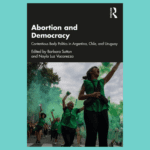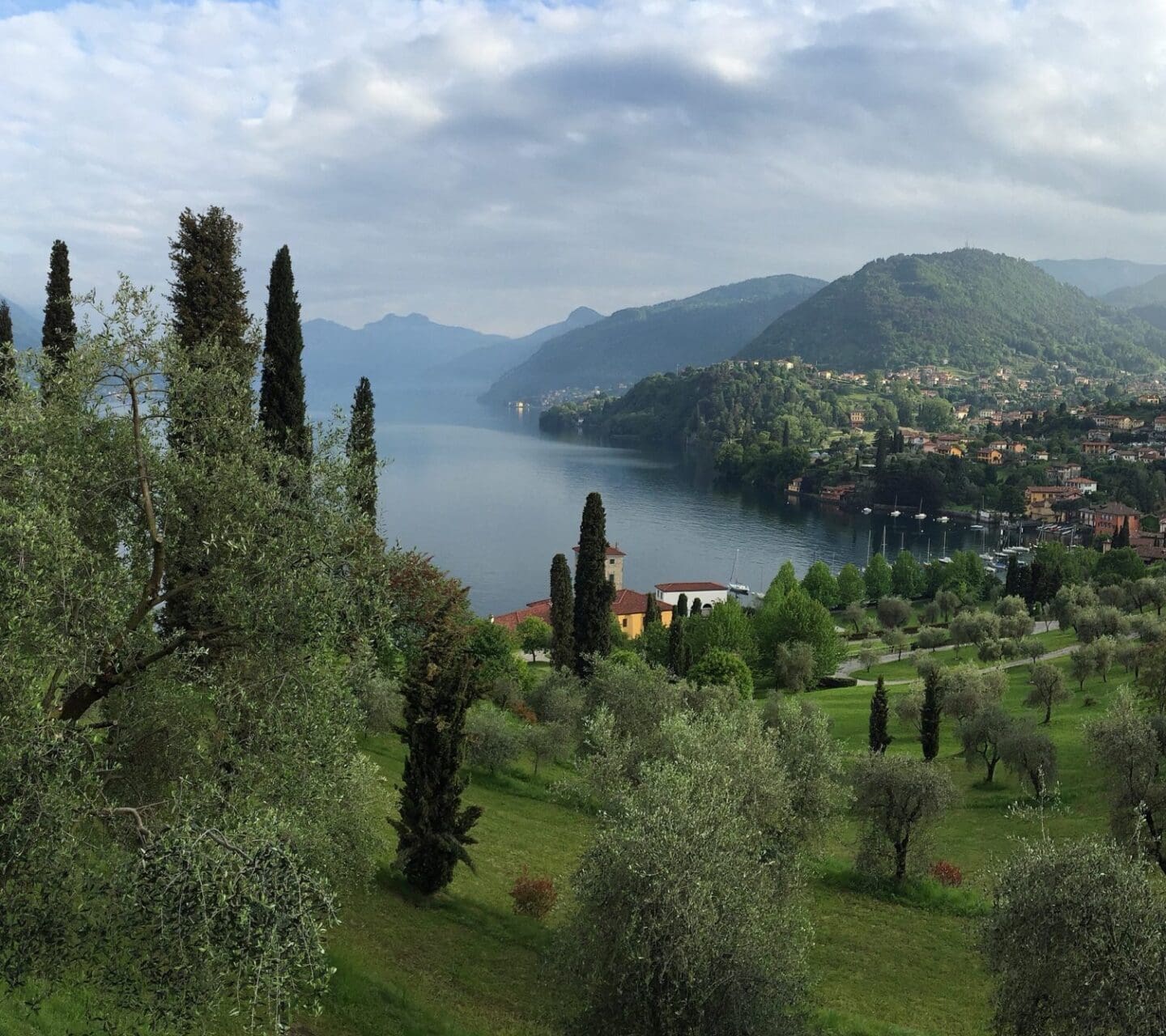 Barbara Sutton participated in the Bellagio residency program in 2019. During this residency she worked on Abortion and Democracy: Contentious Body Politics in Argentina, Chile, and Uruguay. She is a Professor in the Women’s, Gender, and Sexuality Studies Department at the University of Albany, and the author/editor of four books. Her 2010 book, Bodies in Crisis: Culture, Violence, and Women’s Resistance in Neoliberal Argentina, won the 2011 Gloria E. Anzaldúa Book Prize.
Barbara Sutton participated in the Bellagio residency program in 2019. During this residency she worked on Abortion and Democracy: Contentious Body Politics in Argentina, Chile, and Uruguay. She is a Professor in the Women’s, Gender, and Sexuality Studies Department at the University of Albany, and the author/editor of four books. Her 2010 book, Bodies in Crisis: Culture, Violence, and Women’s Resistance in Neoliberal Argentina, won the 2011 Gloria E. Anzaldúa Book Prize.
A few words with Barbara
“When I arrived at Bellagio, this book project was in its initial phase. I had been conducting research on abortion politics in Argentina for many years, and I developed a first draft of the book proposal at the Bellagio Center. The residency provided valuable time and an extraordinary space to think, read, and write. The conversation with fellows, the walks amidst beautiful scenery, the daily presentations by residents, the alternation between work and rest, and the opportunity to have solitude within community all enabled my progress and shaped my ideas.
“The book is a testament to the importance of transnational and interdisciplinary conversations and exchanges – very much in the spirit fostered at the Bellagio residency.”
Synopsis
At a time in which abortion rights have been increasingly challenged, even in places where they seem more established, Abortion and Democracy offers important and timely insights into strategies for social change, frameworks for collective action, and modes of political engagement within the abortion rights movement in Latin America’s Southern Cone.
Drawing on the region’s recent history of military dictatorship and democratic transitions, this collaborative volume delves into the complex lived reality of abortion rights struggles across Argentina, Chile, and Uruguay. It considers the key dimensions of healthcare access, legislation, party politics, social inequalities, digital strategies, grassroots mobilization, artistic intervention, and movement-countermovement dynamics.
The book sets out to bridge different scales of analysis, from the micro level – abortion experiences at the clinic or the home – to the macro: the sociopolitical and cultural forces that shape individual lives.
Explore More
To find out more about Barbara’s work, listen to her discuss her scholarship on an episode of the Cuerpa Politica podcast.
Related

September 2022
Welcome to the second Bellagio Bulletin, where you’ll learn of the many ways that the Bellagio Center has supported the work of the world’s leading thinkers. We, at The Rockefeller Foundation, are committed to gender equality and the Bellagio Center has helped us to advance the global gender equality agenda. The activities and conversations at […]
More